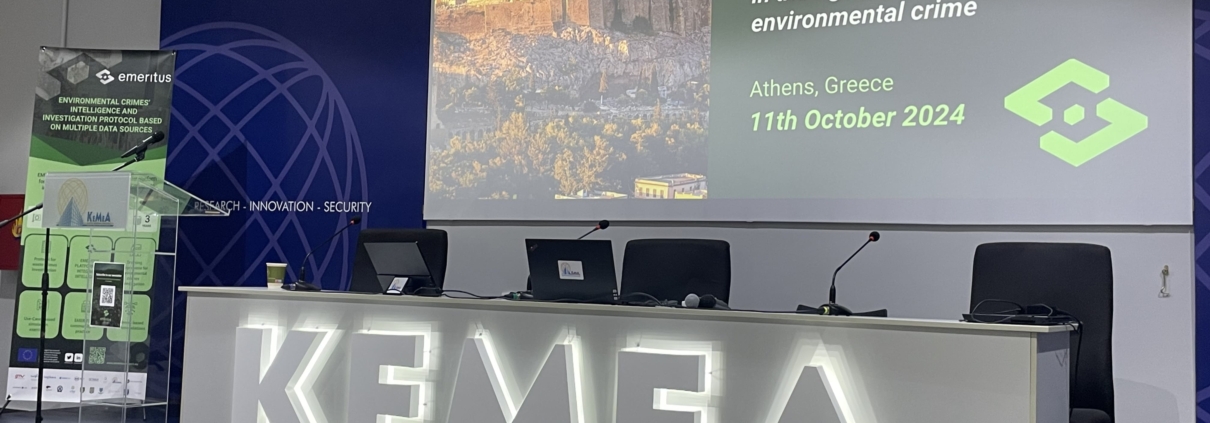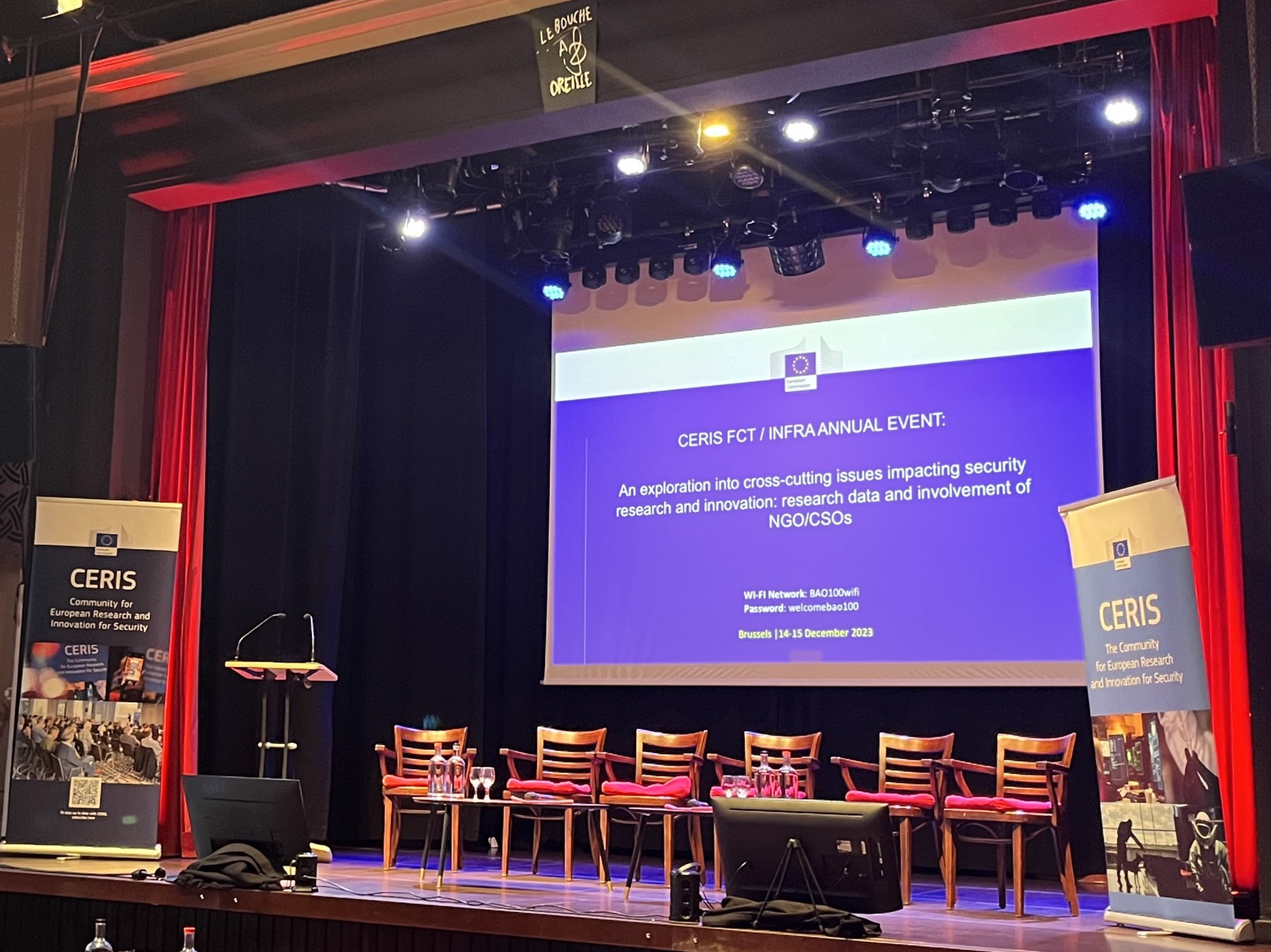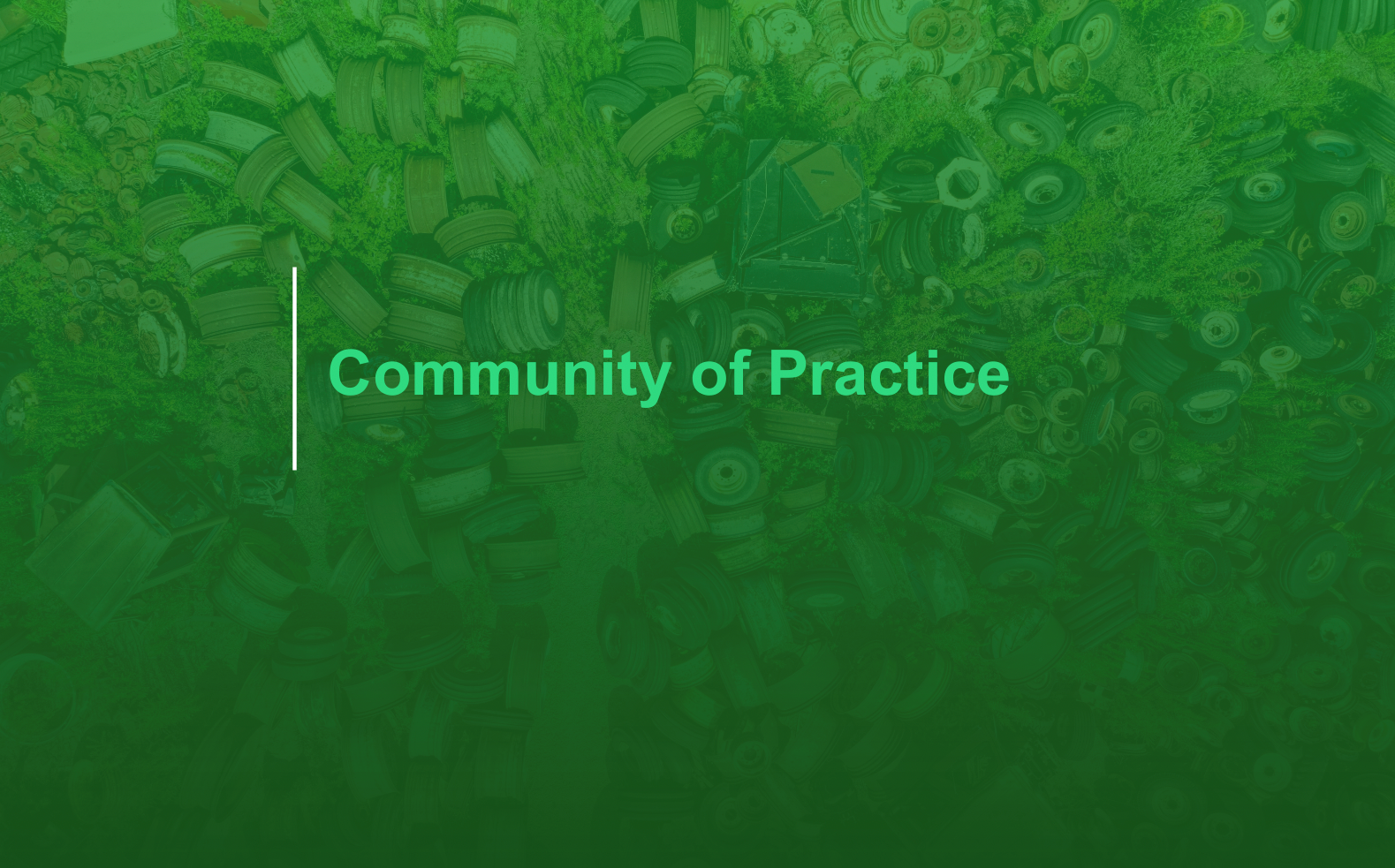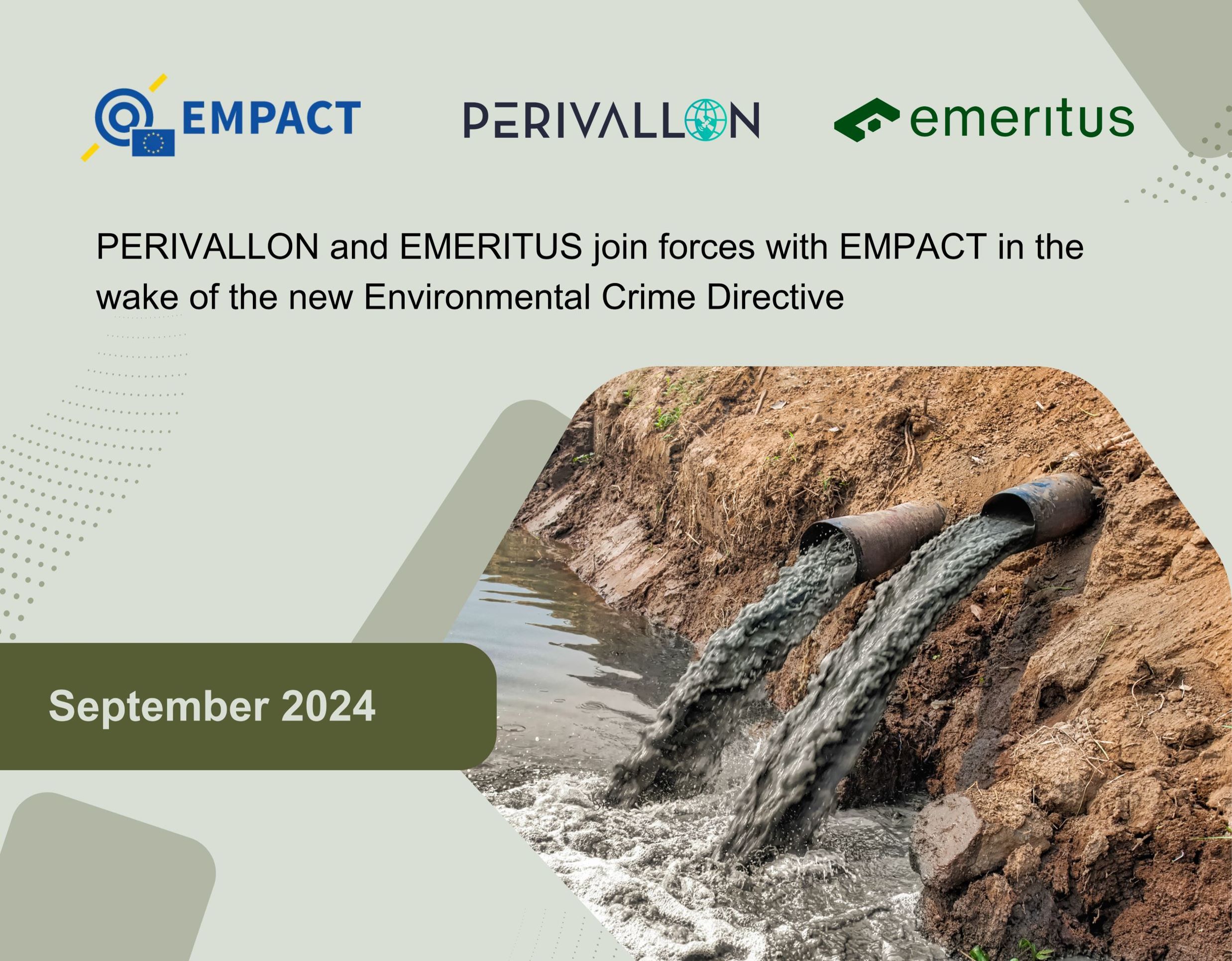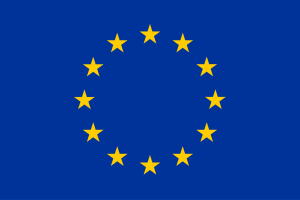2nd showcase event: Innovative technologies & community-driven strategies in the fight against environmental crime
On October 11, 2024, the 2nd Showcase Event on Innovative Technologies and Community-driven Strategies in the Fight Against Environmental Crime was held at KEMEA’s premises in Athens, Greece. Organised under the umbrella of the EMERITUS Project, this full-day event brought together environmental experts, innovators, law enforcement officials, and academics to explore cutting-edge solutions and collaborative approaches for tackling environmental crime. More than 75 participants attended the event representing thirteen (13) different EU and non-EU countries namely: Greece, Italy, Spain, Bulgaria, France, Romania, Portugal, Austria, Belgium, Moldova, United Kingdom, Republic of Kosovo & Brazil. The event featured presentations, round-table discussions, and live demonstrations of advanced technologies.
The day began with opening remarks from Vagia Poutouroudi of KEMEA, who welcomed participants and outlined the critical importance of innovation and collaboration in addressing the rising challenge of environmental crime, emphasising the necessity of collective action to combat environmental crime.
Following the welcome address, Freddy Rivas González from GMV ES and project’s Coordinator introduced the EMERITUS Project, which aims to combat environmental crime through the development and implementation of advanced technological solutions. He provided an overview of the project’s objectives, highlighting its focus on integrating technology with community-driven strategies to support law enforcement and environmental agencies.
The first roundtable “EMERITUS Technological Solutions & Pilot Implementations”, moderated by Margherita Volpe from ZABALA Innovation, showcased the technological innovations developed under the EMERITUS Project. Representatives from CETAQUA, Politecnico di Torino, INESC TEC, and GMV RO presented EMERITUS technological solution currently being piloted, such as advanced data analytics, remote sensing technologies, and AI-driven platforms for environmental crime detection. Laura Bonastre from CETAQUA shared insights into water-related environmental crimes and the use of predictive models, while Fabio Giulio Tonolo and Marco Piras of Politecnico di Torino discussed their work on geospatial technologies. João Gama from INESC TEC emphasized the role of machine learning in real-time monitoring systems, and George Boldeanu from GMV RO elaborated on drone-based surveillance systems.
The second roundtable “Building a Community of Practice to Tackle Environmental Crime”, led by Elena Cacciotti from the Municipality of Turin (PLTO), focused on building a community of practice among stakeholders involved in the fight against environmental crime. Panelists, including Claudia Sobrino Huarcaya from the Hertie School, André Carlos Ponce de Leon Ferreira de Carvalho from Universidade de São Paulo & IARA, and Giafranco Todesco from Municipality of Turin (PLTO), discussed the value of creating strong networks between researchers, law enforcement agencies, and environmental organisations. They emphasised how shared knowledge and experiences can foster more effective responses to illegal activities, such as pollution, illegal logging, and wildlife trafficking.
Moderated by Federico Benolli from Fondazione SAFE, the third roundtable “Environmental Crime & End-Users’ Perspectives” offered end-user perspectives from law enforcement and international organisations. George Petropoulos of the Hellenic Police, Arthur Ribeiro De Carvalho from CESAN – French Gendarmerie Nationale, and Cristina Nardelli from UNICRI discussed real-world challenges faced by law enforcement when tackling environmental crimes. They highlighted the importance of practical, field-tested technological solutions that can be easily integrated into daily operations, as well as the need for better coordination between international bodies.
Afterwards, attention turned to the promotion of three related projects that align with the goals of EMERITUS: Life PROWhiBIT, PERIVALLON, and RITHMS. Eleni Glypti from the Hellenic Ministry of Environment & Energy, Efstathios Skarlatos from KEMEA, and Apostol Apostolov from the European Institute Foundation provided updates on these initiatives, each addressing different aspects of environmental crime, from waste management to air pollution control and cross-border environmental protection.
The afternoon sessions were dedicated to live demonstrations of the EMERITUS technologies. Moderated by Alessandro Castagnetti from Fondazione SAFE, experts from GEOVILLE, Air & Space Evidence (ASE), and LOGIKERS presented how satellite imagery, aerial surveillance, and data-driven analysis are being applied in real-time to detect and prevent environmental crime. Jan Streitenberger, Ray Harris, and Antonio Palomino demonstrated how these innovative solutions are helping authorities monitor illegal activities such as deforestation, water contamination, and hazardous waste dumping from space and ground-based systems.
The event concluded with closing remarks from Vagia Poutouroudi of KEMEA, who thanked the participants for their valuable contributions and emphasised the significance of continued collaboration in the fight against environmental crime. The day underscored the need for a multi-faceted approach, blending cutting-edge technology with community-driven strategies to create sustainable solutions to one of the most pressing global challenges. The 2nd Showcase Event provided a ground for meaningful exchanges, fostering new partnerships and inspiring future initiatives in the ongoing effort to protect the environment and bring environmental criminals to justice.
